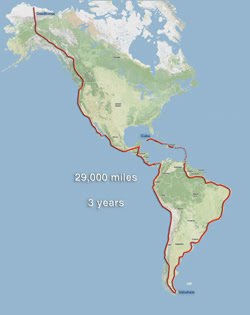For me, there's something more than a little worrying about the current growth in Aquaculture, i.e. the intensive rearing of aquatic animals in closed pens for human consumption. Didn't some bright spark in the fifties have the same idea regarding egg production? The overwhelming majority of articles I see in the media seem to report aquaculture as a good thing, the way forward, the solution to the collapsing wild fisheries. Packs of Haddock and Prawns in my supermarket proudly proclaim their 'sustainably farmed' origins while 'wild' caught fish, responsibly caught, seem to be increasingly rare.
So . . . is it okay now to continue to deplete our resources of large wild fish in the knowledge that we can farm them instead?
Beware. With industrial techniques come industrial processes. Some very potent drugs and chemicals are used to keep the thousands of fish crammed in the pens alive, free from disease and the cages clean. These chemicals promote unnatural growth, stimulate reproduction cycles, deter sea-lice and even colour the flesh of the rapidly grown fish to a more natural hue. Inevitably the drugs, pesticides, bleaches and concentrated fish waste escape into the surrounding marine environment through the netted walls and floors of the pens causing enormous harm to the natural ecosystems in the local area. The mature fish from these farms look entirely normal.
At the end of this 'responsible' process we eat the fish!
Some farms are undoubtedly more environmentally conscientious than others, but without more stringent environmental controls in place how can we have confidence in what we're eating. It may well be, perhaps, that large scale aquaculture will prove to be beneficial and ultimately reduce pressure on wild stocks but surely we cannot allow the industry to develop unchecked and too late discover the cost.
Monday, 24 August 2009
Subscribe to:
Post Comments (Atom)



No comments:
Post a Comment